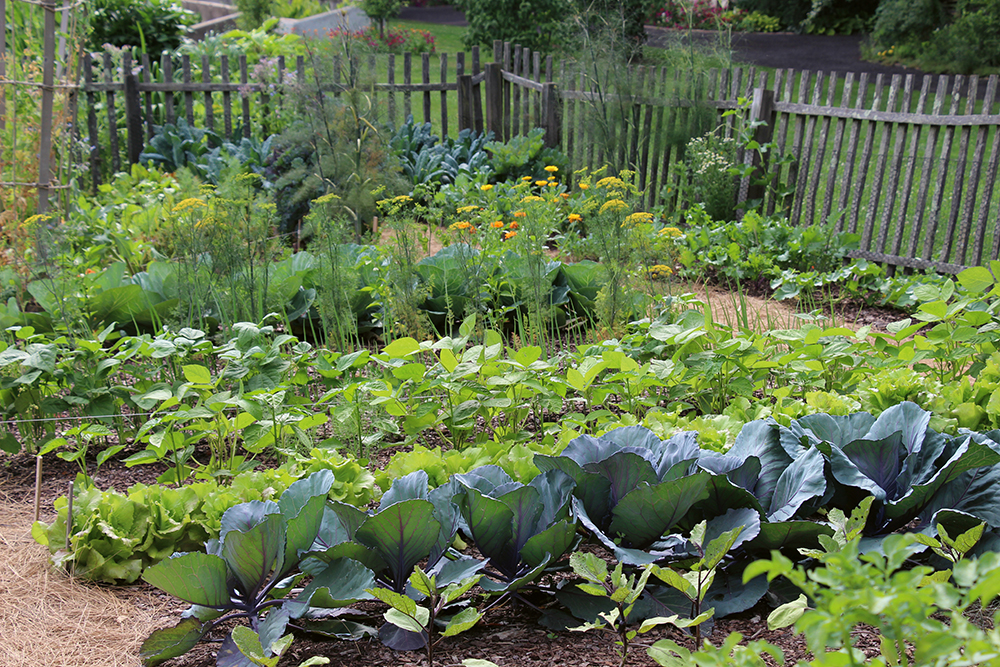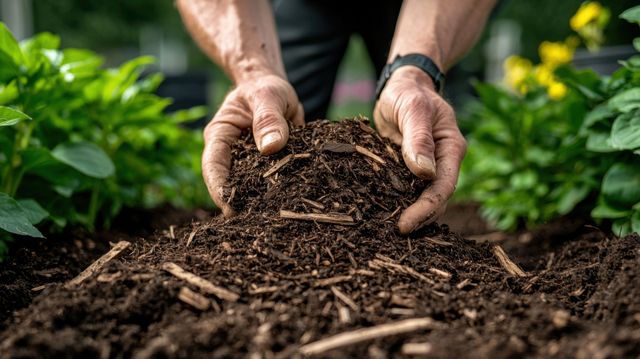Natural Pest Control: Organic Solutions for Healthy Plants
Every garden faces pest challenges, but chemical pesticides often create more problems than they solve. Organic pest management focuses on prevention, balance, and targeted interventions that protect plants while preserving beneficial insects and soil health. This comprehensive guide explores proven, natural strategies for dealing with common garden pests.
Prevention: The First Line of Defense
Healthy plants resist pests better. Focus on:
- Proper plant spacing: Good air circulation prevents many fungal issues
- Crop rotation: Disrupts pest life cycles in the soil
- Healthy soil: Well-nourished plants withstand pest pressure better
- Clean gardening practices: Remove diseased plants and debris where pests overwinter

Beneficial Insects: Nature's Pest Control
Encourage these helpful predators:
| Beneficial Insect | Pests They Control | How to Attract |
|---|---|---|
| Ladybugs | Aphids, mites, scale | Plant dill, fennel, yarrow |
| Lacewings | Aphids, thrips, caterpillars | Provide shallow water sources |
| Parasitic wasps | Caterpillars, beetle larvae | Plant small-flowered herbs |
Organic Pest Control Sprays
Effective homemade remedies:
- Neem oil: Disrupts insect growth cycles (mix 1 tsp per quart of water)
- Insecticidal soap: Kills soft-bodied insects on contact (1 tbsp mild soap per quart)
- Garlic spray: Repels many pests (blend 2 bulbs with 1 quart water, strain)
- Hot pepper spray: Deters chewing insects (1 tbsp cayenne powder per quart)

Physical Barriers and Traps
Non-chemical exclusion methods:
- Row covers: Lightweight fabric that excludes pests while letting in light
- Copper tape: Creates barrier that repels slugs and snails
- Yellow sticky traps: Catches flying insects like whiteflies
- Beer traps: Shallow containers sunk into soil attract and drown slugs
Companion Planting for Pest Control
Strategic plant combinations:
- Marigolds: Repel nematodes and many insects
- Basil: Deters thrips and improves tomato health
- Nasturtiums: Trap crop for aphids
- Alliums: Onions and garlic repel many pests
Integrated Pest Management (IPM)
A systematic approach:
- Monitor plants regularly for early signs of pests
- Identify pests accurately before treating
- Set action thresholds (how much damage is acceptable)
- Start with least-toxic controls
- Evaluate effectiveness and adjust strategies
Remember that a completely pest-free garden isn't natural or desirable—small pest populations maintain beneficial insect populations. The goal is balance, not eradication. With patience and these organic methods, you can manage pests while keeping your garden ecosystem healthy.





:strip_icc()/BHG-gardening-pests-neem-oil-for-plants-Hero-351e9a537e704fdfad83a6e55b7e9d3b.jpg)